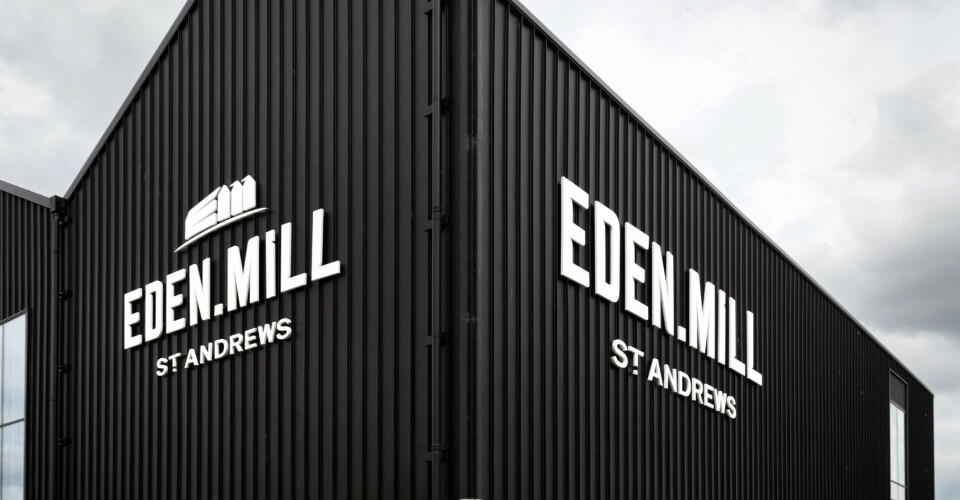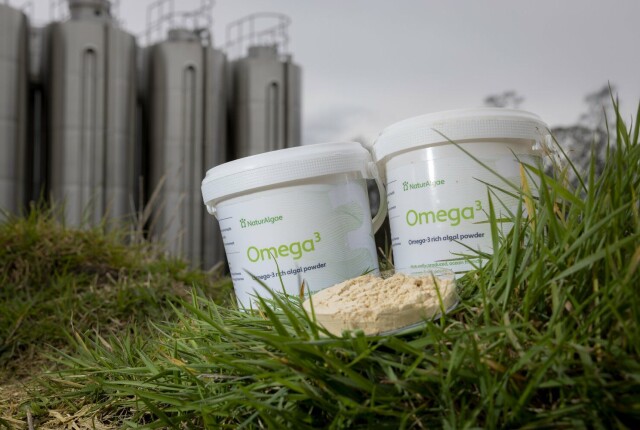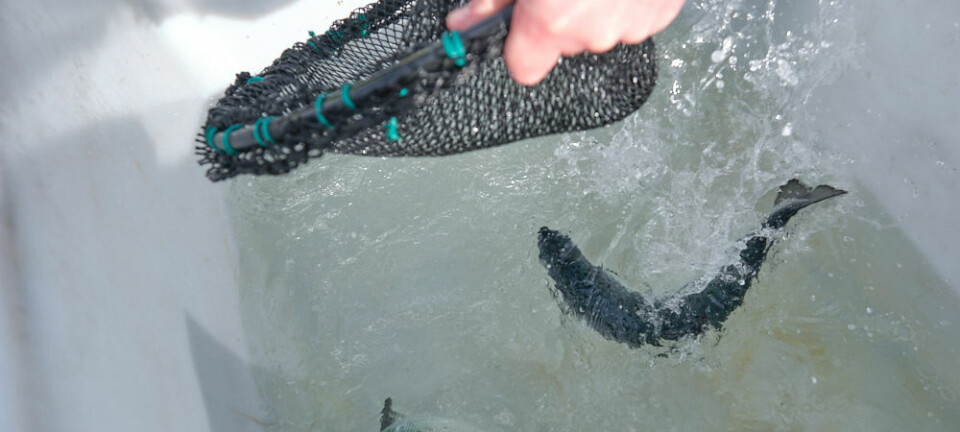

Omega-3 producer MiAlgae taps into distiller's whisky effluent supply
Nutrient-rich by-product will feed microalgae that produce sought-after fatty acids
A Scottish distillery has announced a partnership with biotech innovator MiAlage, which produces omega-3 from microalgae grown in nutrient-rich whisky effluent.
The process cleans the water, and will provide the aquafeed and pet food sectors with an alternative to omega-3 from forage fish.
Eden Mill distillery, established in 2012 on the banks of the Eden Estuary in St Andrews, has installed an effluent storage tank for MiAlgae as it constructs a new distillery at the mouth of the river Eden, on the University of St Andrews Eden Campus. It is due to recommence distillation in early 2025.
MiAlgae has proved the viability of its production at a demonstration facility at Balfron, Stirlingshire, and recently secured £14 million to develop an industrial scale facility at an as-yet-unspecified location in Scotland’s Central Belt.
3,000 tonnes per year
The first phase of the facility - around one-third of the total site - will be completed by 2025, with full production expected by 2027. Once fully operational, the facility will have the capacity to produce 3,000 tonnes of marine omega-3 annually.
The agreement with Eden Mil is the first long-term partnership for MiAlgae with a whisky distillery. Eden Mill's stored effluent water will be transported to the MiAlgae production site and used as feedstock to produce omega-3 rich microalgae.
In a press release, Eden Mill chief executive Rennie Donaldson said: “We are delighted to announce our long-term partnership with MiAlgae, making use of their advanced biotechnology to create sustainable omega-3 from our distillery’s effluent waste.
“Sustainability is a hugely important part of our distillery plans, and for our business as a whole, so the team are excited to see a by-product given an environmentally friendly second-use.”
Shared commitment
Douglas Martin, founder and managing director at MiAlgae, said: “By partnering with Eden Mill, we will use nutrients from their distillery by-products to grow our eco-friendly omega-3-rich microalgae.
“We’ll also upcycle the effluent to clean water. Their shared commitment to sustainability aligns perfectly with our mission to advance biotechnology for good.”
MiAlgae says that in the past six months it has produced enough omega-3 rich microalgae to save 2.4 million fish from being caught. It has also recycled enough wastewater in a year to fill nearly 300 Olympic-sized swimming pools and prevented the release of 150,000 kg of CO2 - equivalent to taking about 500 round-trip flights between London and Edinburgh.
























































